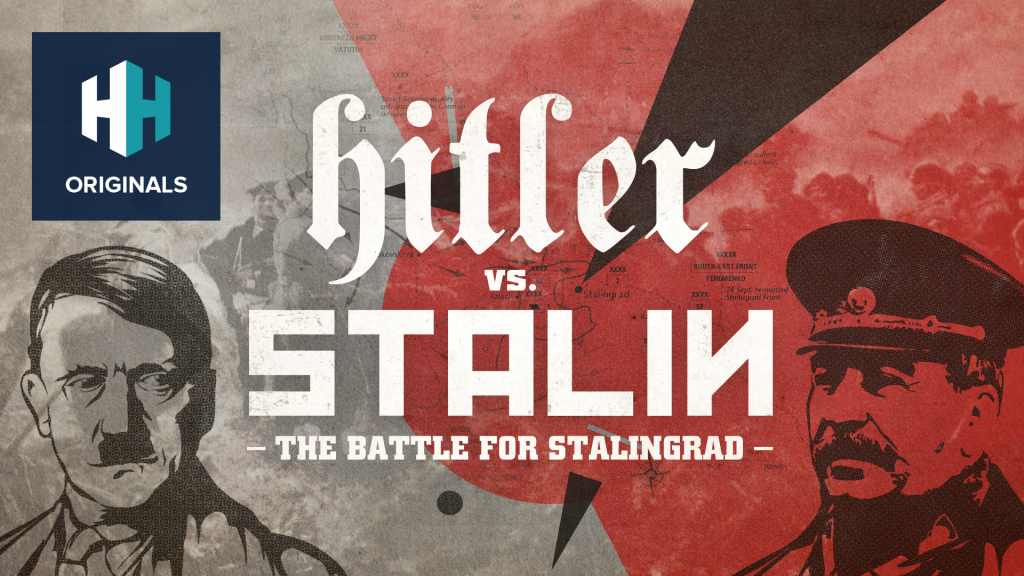

On 30 January 1933, Adolf Hitler, aged 43, was appointed Chancellor by President Paul von Hindenburg, marking a significant turning point for Europe. It would trigger a series of events that ultimately led to the collapse of democracy and the rise of a dictatorial regime.
Within 1 month, Hitler consolidated dictatorial powers, effectively extinguishing the democratic foundations of the newly formed German republic. Furthermore, just a year later, in 1934, he merged the positions of President and Chancellor, creating a new title for himself known as the “Fuhrer”, a German word for “the leader”.
The ascent of Hitler and the erosion of democracy in Germany was a perplexing development for a nation that had, until then, experienced a relatively stable period of 14 years under a democratic system. What were the factors that contributed to this sudden transformation?
German woes
Historians have debated over this question for decades, but certain key factors are unavoidable. The first was economic struggle. The Wall Street Crash of 1929 had devastated the German economy, which had just started to boom following the years of chaos after World War One. As a result, the early 1930s had been a time of immense hardship for Germany’s large population, which had known little else since 1918.
 Watch Now
Watch NowBefore World War One, under the autocratic Imperial rule of Kaiser Wilhelm, Germany had been on the path towards becoming a true world power, and had lead the way militarily as well as in the sciences and industry. Now it was a shadow of its former self, humiliated disarmed and crippled by the harsh terms that had followed their defeat in the Great War.
The consequences of its defeat had left the country economically devastated and burdened with the harsh terms of the Treaty of Versailles. These conditions, coupled with political instability, social unrest, and economic hardships, created a fertile ground for extremist ideologies to take hold.
Politics of anger
Consequently, a significant number of Germans came to associate authoritarian governance with prosperity, while perceiving democracy as synonymous with hardship. Following the humbling Treaty of Versailles, the abdication of the Kaiser further feed public discontent, leading to the middle-class politicians who had signed the treaty bearing the brunt of the German people’s anger.
Hitler exploited these circumstances, capitalising on widespread disillusionment and resentment among the population. Through propaganda, charismatic rhetoric, and manipulation of political institutions, he managed to consolidate power and dismantle democratic safeguards. The Nazi Party, under Hitler’s leadership, targeted specific groups, scapegoating them for Germany’s problems, particularly Jews, political dissidents, and minority communities.
His popularity grew rapidly after the Wall Street Crash, and his Nazi Party had gone from nowhere to the biggest German party in the Reichstag elections of 1932.

Hitler in conversation with Ernst Hanfstaengl and Hermann Göring, 21 June 1932. Image credit: Public domain, via Wikimedia Commons
Image Credit: Public domain, via Wikimedia Commons
Defeat of democracy
As a result, President Hindenburg, a popular but now aged hero of World War One, had little choice but to appoint Hitler Chancellor in January 1933, after all his other attempts to form a government had collapsed.
Hindenburg despised Hitler, who had never gained a rank higher than Corporal during the war, and apparently refused to look at him as he signed him in as Chancellor.
When Hitler then appeared on the Reichstag balcony, he was greeted with a storm of Nazi salutes and cheering, in a ceremony carefully organised by his propaganda specialist Joseph Goebbels.
Nothing like this had ever been seen in German politics before, even under the Kaiser, and many liberal Germans were already greatly concerned. Shortly afterwards, General Ludendorff, another World War One veteran who had once been in league with Hitler, sent a telegram to his old comrade Hindenburg.
It read “By appointing Hitler Chancellor of the Reich you have handed over our sacred German Fatherland to one of the greatest demagogues of all time. I prophesy to you this evil man will plunge our Reich into the abyss and will inflict immeasurable woe on our nation. Future generations will curse you in your grave for this action.”
Hitler’s ascension to power in Germany in 1933 marked a critical turning point for Europe. The collapse of democracy alongside the combination of economic hardships, political instability, Hitler’s charisma and manipulative propaganda, allowed him to seize power and reshape the course of German and world history.













